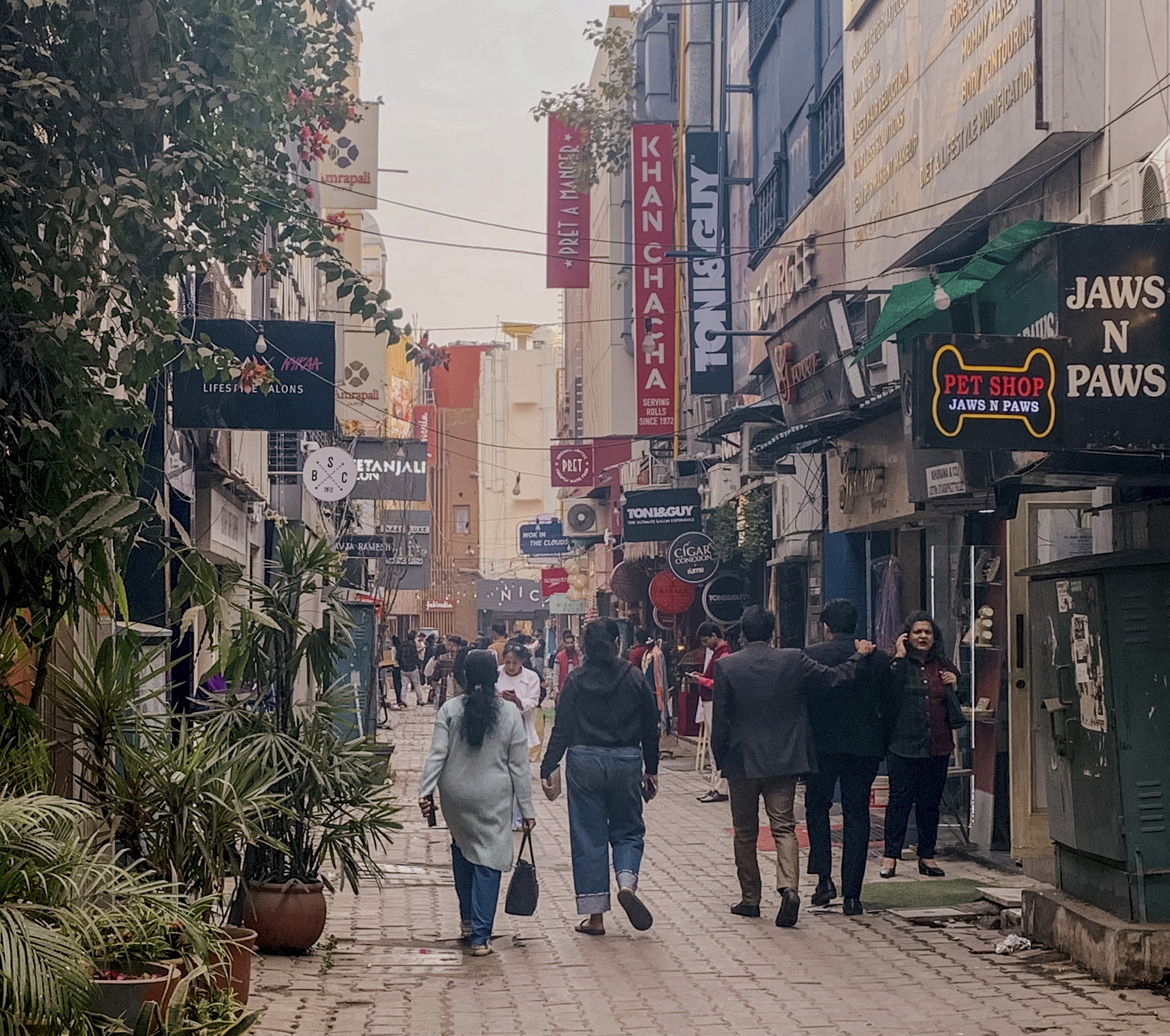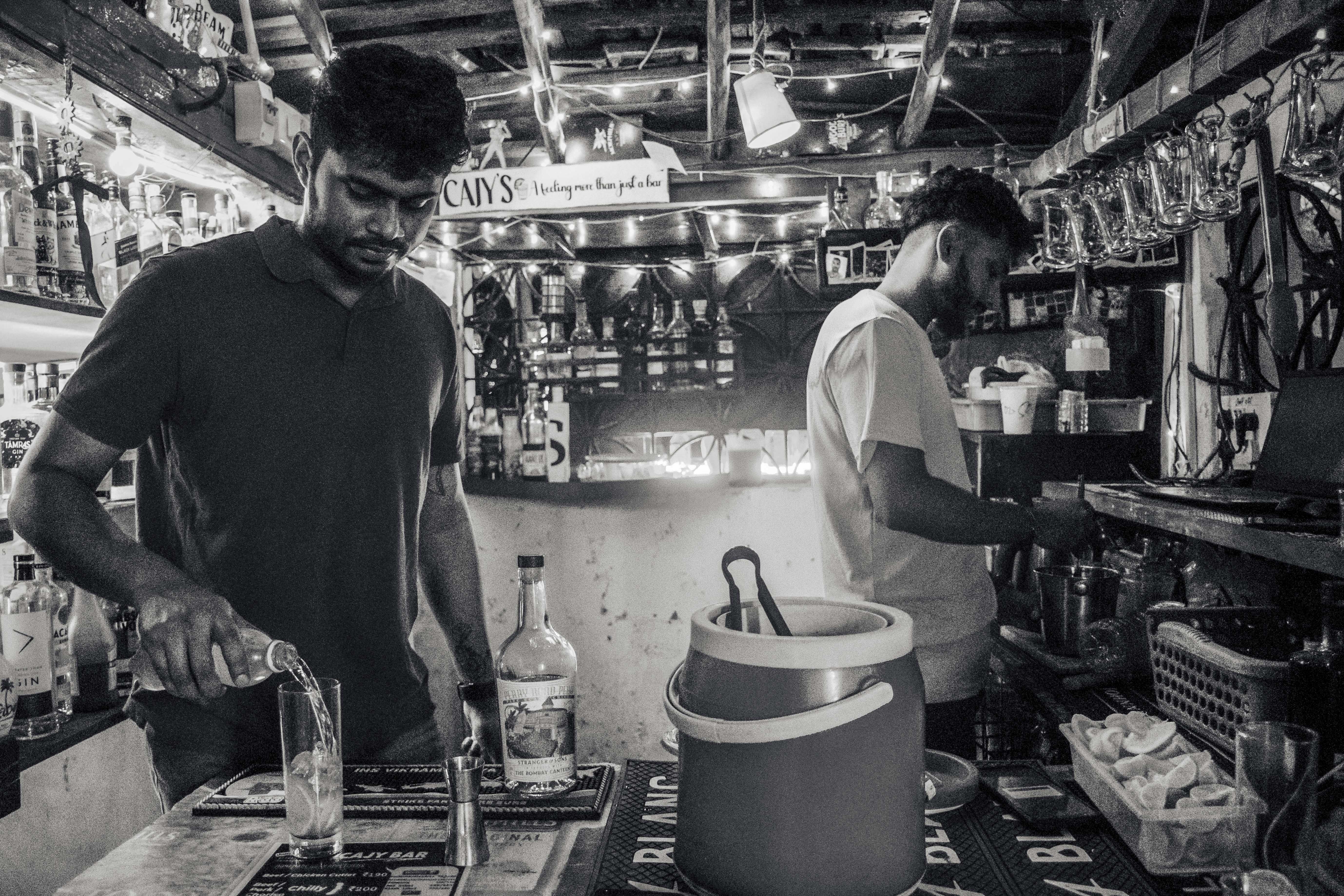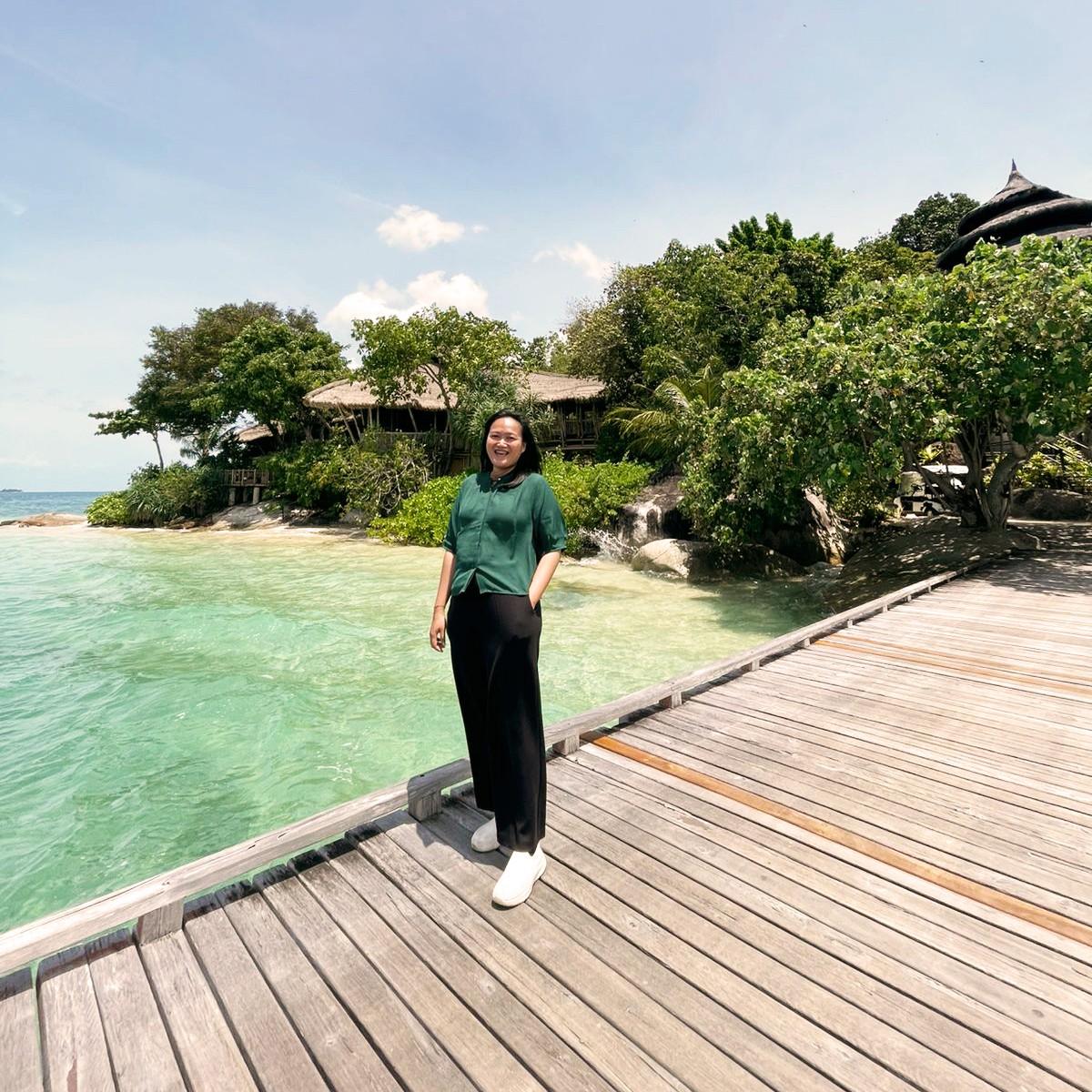Many travellers arrive in Kathmandu expecting to find the vision of Nepal one often sees on social media – a serene and spiritual balm for the soul.
✦
The reality is, Nepal’s capital city is much like many others: crowded, chaotic and distinctly urban. But if you know where to go, that tranquillity everyone seeks isn’t far away.
Just beyond the crowded streets and tiny lanes of the city are farm stays where you can reconnect with the land, eat sumptuous food right where it’s grown, and breathe in the fresh crisp Himalayan breeze.
Here are three on the outskirts of Kathmandu that have become some of my favourite escapes.
Photos: Venuvana
Venuvana: Architectural alchemy
Just 36km east of Kathmandu in the mountain town of Dhulikhel is Venuvana, a farm stay that has challenged everything I thought I knew about building with nature. Designed and run by a Nepali-Indian architect couple, this intimate retreat – named after the Sanskrit term for ‘bamboo forest’ – is a quiet lesson in traditional Nepali design.
The guest house has rammed earth walls that seem to rise straight from the ground, while graceful bamboo beams hold up elegant rooflines. And rooms stay naturally cool, thanks to building techniques passed down from generations and refined with modern environmental insights.
Venuvana’s permaculture garden mirrors the same philosophy. It’s not manicured, but woven wildly into its surroundings.
Vegetables climb on fruit trees, herbs serve as natural pest barriers, and every corner reveals new plant partnerships I’ve never considered or even thought possible.
With no set menus, meals here are daily adventures shaped by what’s fresh and available that day. Some of my most cherished memories are of being in the kitchen, cooking and swapping stories with the owners Pranathi and Nripal.
Pranathi also hosts craft and art residencies that shift with the seasons, where you can learn eco-printing, cyanotype printing, pine needle weaving and more – an invitation for guests to slow down and create with nature’s rhythms.
Photos: Orkhabot
Okharbot Organic Farm: Permaculture paradise
It was at Okharbot where I truly came to understand what it means to live within nature's cycles, rather than fight them. About 40km east of Kathmandu, this two-hectare farm feels like a gentle reminder of how nothing needs to be wasted, and that everything has a purpose.
The farm’s self-sufficiency is inspiring: solar panels power the entire property; a filtration system purifies water from natural springs; and waste becomes compost that nourishes the soil. Everything from herbs and legumes to seasonal vegetables and fruits is grown here, too, side-by-side on terraces.
“Permaculture isn’t just about farming,” explains farm manager Maaike. “It’s about understanding relationships – between plants, animals, soil, water, and people. When you get those relationships right, abundance happens naturally.”
The guest house, a traditional building with eight cosy rooms, blends right into the lush landscape. And meals are truly farm-to-table, except for the rice, which is sourced directly from the high-altitude paddy farmers of western Nepal.
From the farm, you can hike to other attractions, like nearby Namo Buddha, one of the most sacred Buddhist sites in the country, where prayer flags flutter in the wind. Or head downwards, to the old Newar town of Panauti, to experience the local life.
Photos: Tahaja
Tahaja Hill: Heritage that nourishes
Less than an hour away from the city centre, Tahaja offers a quick and quiet escape rich in heritage and architecture, and a lingering sense of calm. With no road access, the only way to reach it is by walking along a narrow footpath through rice fields. Arriving feels like you’ve stepped into a private sanctuary.
This original 1965 Newari farmhouse was the home of renowned German architectural historian Niels Gutschow, who stayed in it for over three decades. Designed and built during his early years in Nepal, the house and surrounding land stands as testament to his work in architectural anthropology and heritage conservation.
It was here that I slept better than I had in ages. In the treehouse-like Frankfurt Tower surrounded by rice fields, it was easy to drift off to the gentle sounds of the countryside, and rise to birdsong at dawn.
What makes Tahaja truly special, however, are its open communal spaces. I spent a lot of time in the old farmhouse reading and taking naps on the pati – a traditional Newari resting pavilion. Natural materials make the space warm and inviting, and there are beautiful Newari design details everywhere.
If the serenity alone doesn’t restore you, the food certainly will. Mohan, the caretaker and cook, doles out perfect breakfast bara (crispy lentil pancakes) fresh off the griddle. There’s also a German menu of fresh salads, along with a spread of homemade bread, seasonal jams and cookies – all made from scratch using recipes passed down from Niels’ wife.
Tahaja is more than a place to stay – it’s an invitation to slow down and see how architecture and farming can coexist. No cars, no road noise, just the soft soundtrack of rural life drifting through the paddy fields.























